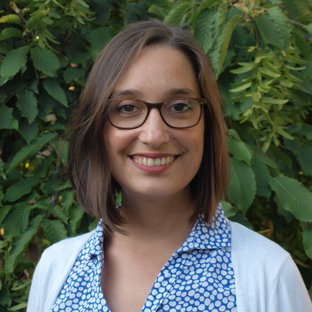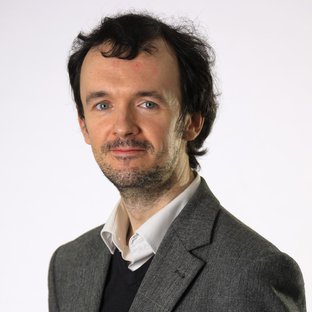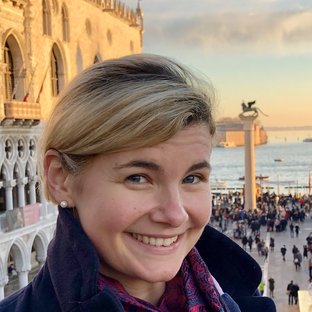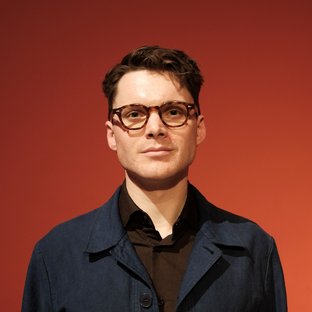Classics and Joint Schools
Average intake: 5
- Our students benefit from being part of the largest Classics Faculty in the world, as well as taking part in a dynamic interdisciplinary programme that combines the study of the literature, history, philosophy, and archaeology of the ancient Graeco-Roman world. We believe that Oxford’s huge resources in the form of libraries, museums and teachers make it the best place in the world to be studying Classics.
- The breadth of our Classics course is unique, allowing students to follow their interests not just in the classical periods of Greek and Roman literature and history, but in modern philosophy, history and archaeology of the Ancient Near East, or modern reception of classical literature, to name but a few possible subjects.
- At St John’s, we have tutors and lecturers in all fields of classical studies, whose research interests include such diverse subjects as post-classical Greek epic, effects of religious change on literary culture, Roman law and citizenship, Roman provincial government, Stoic philosophy, ancient logic, and Roman fresco paintings.
- Classics students at St John’s are part of a vibrant, sizeable group of students studying the Greek and Roman worlds, and share activities with those reading Ancient and Modern History, and Classical Archaeology and Ancient History. We also regularly admit for the joint schools with Modern Languages and Oriental Studies: combinations in recent years included Classics and Arabic, Classics and Egyptology, Classics and French, Classics and German, and many others. We also have a sizeable graduate community and provide a base for postdoctoral researchers.
- St John's is physically closest (literally just over the road) to the three most important buildings in the University for Classics: the Art, Archaeology and Ancient World Library (the world's largest classics library, also housing important papyri), the Ashmolean Museum (the UK's oldest, with important ancient sculpture and Greek vases), and the Classics Centre. We also have an excellent Classics collection in the College library, and a teaching numismatics collection.
- We have a unique link with the Ashmolean Museum, with our teaching post in classical archaeology combined with an assistant curatorship at the Department of Antiquities. Students benefit from regular handling sessions at the Museum.
- An active student Classics society is named after Professor Donald Russell (1920-2020), a distinguished Classical scholar and one of the Bletchley Park codebreakers, who has been teaching for the College from 1948 until the very last years of his life. It organises talks by distinguished academics, many of them St John’s alumni, every term.
- The College offers generous financial assistance for students in this subject to develop their first-hand experience in the field, through fieldwork, site- and museum-visits, and the study of ancient landscapes, particularly in the Mediterranean region. Our students have also benefitted from exchange programmes with other European universities.
- St John’s was the alma mater of some of the most important British classical scholars, including A.E. Housman (perhaps even more famous as a poet) and Gilbert Murray. Robert Graves (the author of I, Claudius) also started as St John’s as a Classicist before converting to English. The fictional Inspector Morse read Classics at St John’s too.
- Our Classics graduates have gone on to many diverse fields, including (besides academia, school teaching, and museum work) the civil service, law, finance, journalism, creative arts, social work, work for NGOs, and even computing: this list is not exhaustive! Six of our Classics alumni are Honorary Fellows of the College.
Read profiles from three St John's students studying Classics and Joint Schools here, here and here.
Watch a video from a Classics student at St John's:






